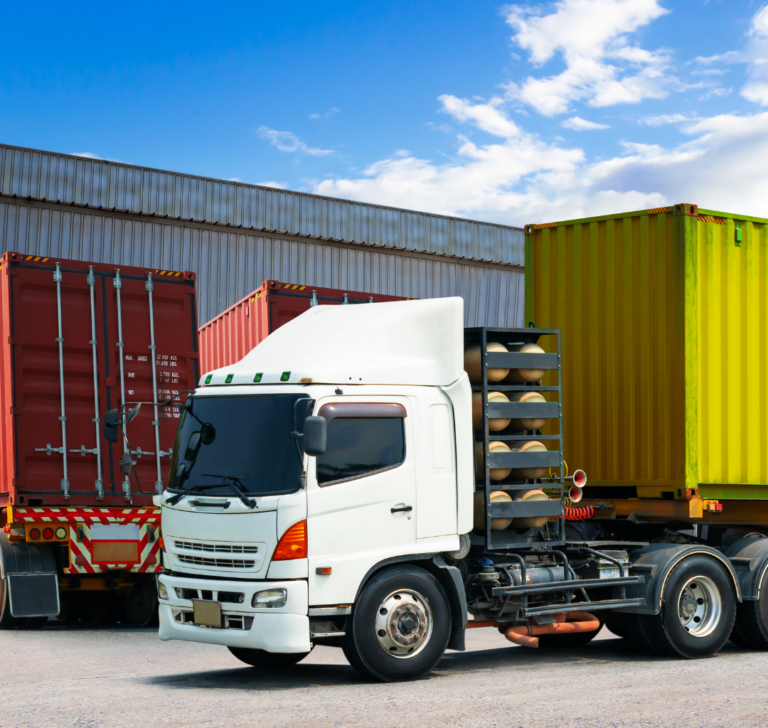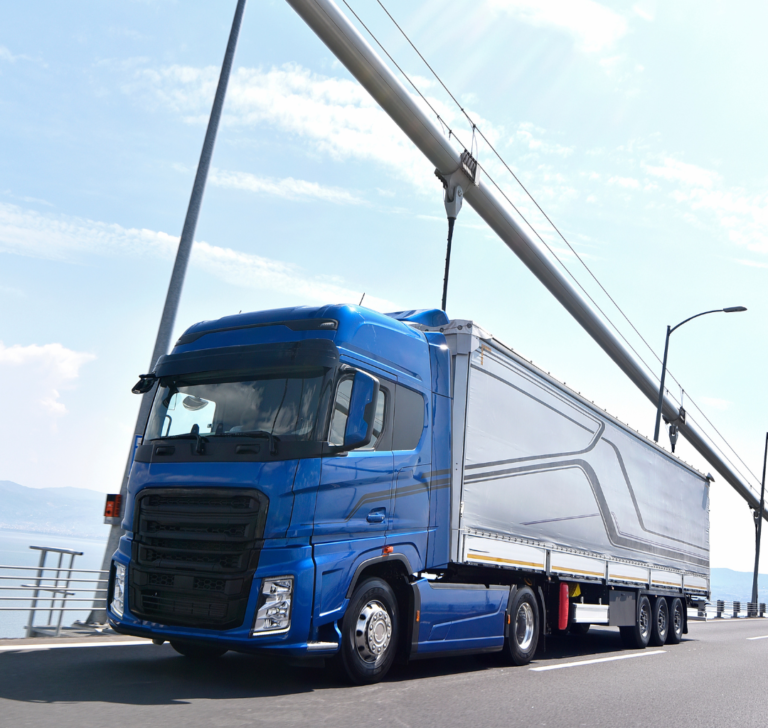When selecting a truck type, cargo size and transportation requirements are key factors
Trucks play a central role in the road transportation sector. Therefore, choosing the right type of truck for a company’s needs is crucial for improving operational efficiency and profitability. Given the variety of truck types available, each tailored to different demands in the transportation sector, selecting the ideal one to meet all needs can be overwhelming. For this reason, we present a brief guide highlighting key factors to help you decide on the optimal truck for your business.
1. Know your cargo and transportation requirements
When selecting a truck type, cargo size and transportation requirements are key factors. Trucks vary in size, type, and model to accommodate different cargo demands. The purpose of a dump truck differs from that of a transport truck. Considering capacity in tons is also important for selecting the right truck for your needs.
Trucks for heavy cargo include:
- Trucks with trailers
- Articulated trailer trucks
- Special tanks for gases, chemicals, or various liquids
- Stake trucks for bulk sales
- Dump trucks or hopper
- Container trucks with platforms

2. Evaluate operational route conditions
Each truck type offers specific advantages; some are ideal for paved roads, while others excel in off-road environments like rough terrain or mountains. If you need a truck for irregular terrain, it’s crucial to choose one with sturdy suspension and powerful traction systems. Evaluate your drivers’ usual routes to provide them with a truck suitable for those specific terrains.
3. Consider performance and efficiency
Fuel efficiency and operating costs are crucial when choosing a truck. Different truck types vary in fuel consumption and maintenance requirements, directly impacting profitability. To strike the right balance between operational needs and profitability, it’s vital to evaluate workload, route distances, and fuel consumption rates when choosing a truck.

4. Evaluate technology and safety
Modern trucks have significantly evolved in terms of technology, offering not only increased driver comfort but also notable improvements in safety. Considering investment in newer truck models is essential, as they not only justify their price with better efficiency and performance but also prioritize driver safety and comfort.
5. Analyze total cost of ownership and adaptability
Considering scalability and adaptability when choosing the right truck is vital. A truck type that can flexibly adjust to potential changes or expansions in operations will offer a higher return on investment.
Don’t forget to seek professional advice when making the decision. Choosing the most suitable truck for your business is fundamental and can significantly impact long-term operational efficiency and profitability. By understanding transportation needs, evaluating performance, and considering technological options, you can make an informed decision that drives your company’s success in the transportation industry.

The story of the first car race in Paris: a historic hit in 1894
Paris stands not only as a cultural and artistic epicenter but also as a pioneer in car racing In the history of automotive racing, Paris

Top states for driving in the United States in 2024
A WalletHub study compared all 50 states to determine the best driving conditions Road safety and quality are central concerns for drivers. And while the

Briefs: marijuana reclassification, vehicle fees, and climate grants
The trucking industry goes through new legislation, taxes and subsidies Questions about the proposed reclassification of marijuana The Owner-Operator Independent Drivers Association (OOIDA) supports the

Impact of traffic pollution: study reveals increase in blood pressure
A study from the University of Washington in Seattle reveals that the main cause of significant increases in blood pressure might be traffic-related gasses A

The benefits and careers of a Commercial Driver’s License
Having a CDL opens multiple doors within the trucking and transportation industry Having a Commercial Driver’s License (CDL) opens multiple doors within the trucking industry,

Sharing the road with a truck: steps to ensure your safety
Caution around blind spots and anticipating truck maneuvers are essential to ensuring everyone’s safety Truck drivers face significant challenges on the road due to their
